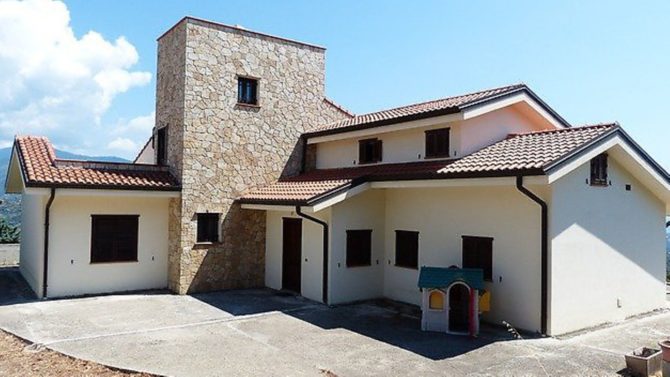3 Top Tips For Insuring Your French Holiday Home

So you’ve taken the plunge and invested in a holiday home or are looking to purchase your dream property in one of the most beautiful countries in Europe…France! With all that time and money taken to find the perfect home you want to make sure that it is protected and you are covered financially even when you’re not there. So join us as we explore three top tips for insuring your property in France.

1. English Paperwork
Purchasing a property can be confusing at the best of times, all the small print and legal paperwork that you go through is enough to make anyone’s head spin – now imagine you’re doing it in a country where you don’t have a firm grasp of the language and it’s 10 times worse! The same goes for insuring your property, if you aren’t fluent in the native language how can you be sure that your policy will protect you for everything you need?
CIA Overseas Property Insurance, is available for you to ensure that your property has the appropriate level of cover that you need, and best of all for Brits abroad – it’s all written in English!

2. Know The Difference Between French and English Insurance
The first thing to note is that in France they use the term assurance rather than insurance and it must be obtained prior to completing the purchase of any property in the country. Also as a a standard, policies purchased in France automatically renew themselves unless they are cancelled in writing two months prior to the expiration date.
As with home insurance in England there are two types of insurance you need in France – buildings and contents – each policy must be purchased to fully cover you. It is important to note that houses in France are insured by the number of rooms they have and the size of the building so make sure that the information you provide is accurate as any discrepancy could invalidate your policy.

3. Understanding French Law
It is vital that you have an understanding of the law in regards to your insurance to make sure that you are legally compliant. You have a few options for this – research it yourself, employ a UK solicitor who works on international law, or speak to French solicitors.
As with everything it is important to check every so often to see if there have been any changes to laws which may affect your policy. In 2006, for example, the law regarding swimming pools in properties changed so that any totally or partially sunk pool needs to be fitted with approved safety measures.
What About Letting Your Home?
On a final note it is worth thinking about whether or not your property is to be let out while you are not there. Whether you are renting it out to people you don’t know or family and friends will be staying in your absence you will more than likely require additional insurance cover. Make sure you disclose all available information to your insurance provider to ensure that you get genuine quote for the cover you need.
Share to: Facebook Twitter LinkedIn Email


